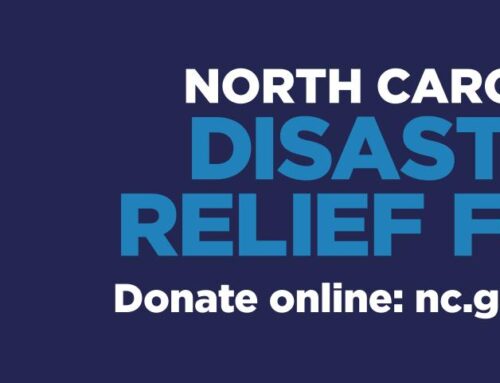
Don’t Feed the Troll
We recently had this question pop up on our All-Access Pass Holder’s private Facebook Group:
“How do you respond to negative or misinformed reviews of your organization on Facebook? Do you respond to each one? Post a general statement? Would you post a response as a comment on the review, or send a private message?” – AA
We got some great responses from our Pass Holder community that we thought we would share them with you and then let you post your answers below:
“My preference is to respond directly to those comments. In my experience, a well-crafted PR statement can inform and draw in support; a defensively written statement brings up more concern and worry.” – LK
“I would respond directly to that person and answer their concerns.” – TR
“I would start publicly so people see that you are responsive and open to all feedback – I typically invite them as a part of my response, to give us a call directly to share/discuss their concerns further at their convenience.” – AH
“For me, if it’s a myth or misconceived notion, I might take the public tact of setting the story straight in our words. Also if the negative vibe is a no win situation I’ve opted to let it settle out; what may seem hot topic today is a non starter tomorrow. It’s OK to hit pause if warranted (I had to consider the source of the comment before responding or not responding).” – TC
“Genuine reviews having to do with visiting us are universally positive. But opponents on a political issue have decided that giving us negative reviews is an effective way of advocating their cause. It has nothing to do with visiting us and everything to do with, “How dare this organization take this position …” and going on for multiple paragraphs where our ethics and integrity are questioned. Their friends then pile on in the review comments. But our overall review score is still terrific. I stay aware of the negative reviews, but don’t engage since it’s just their PR and not an actual review. Our supporters will sometimes respond, especially if it spills over into post comments. If someone gets abusive then I’ll ban them, but I try to hold off and see how the community handles it. I haven’t been disappointed.” – TN
“When someone is an outright hater and just ranting, we tend to ignore them. But if they seem to be articulate, but just have the wrong information, we try to correct it in a friendly, non-defensive way.” – KS
We also posted this to the Nonprofit Marketing Guide Facebook Page and received these great responses as well:
“We decide based on each individual. The population we serve is those diagnosed with severe mental illness and their families, so there are sometimes comments or posts that are wholly unrelated to our page. If we feel it will embarrass someone later when they are well, we make sure to contact the person directly and usually through a phone call or other person-to-person means. If posts/comments are criticizing our methods or programs, we invite their feedback in person and ask for them to become a solution to the problem. Agreeing with Rhonda that arguments shouldn’t come from a negative comment; there’s no point in arguing on social media!” – Marcie Timmerman
“Sometimes we politely provide clarification with links to more in-depth evidence or info but we’ve had some experience with some people who clearly were not experiencing reality in the same way as the majority of the population – and those people, we’ve learned to just ignore.” – Rita Koutsodimos
“We respond directly and apologetically. I usually try to correct any misunderstanding and always invite them to contact me the ED, directly. I invite them to a personal dialog. We want to be gracious and loving, even to those who disagree with us or misunderstand us. No arguments should EVER ensue online from a negative comment.” – Rhonda Loux Tomko
How do you respond to negative comments? Add your voice to the Facebook Post or comment below.[sc:fb050415]






